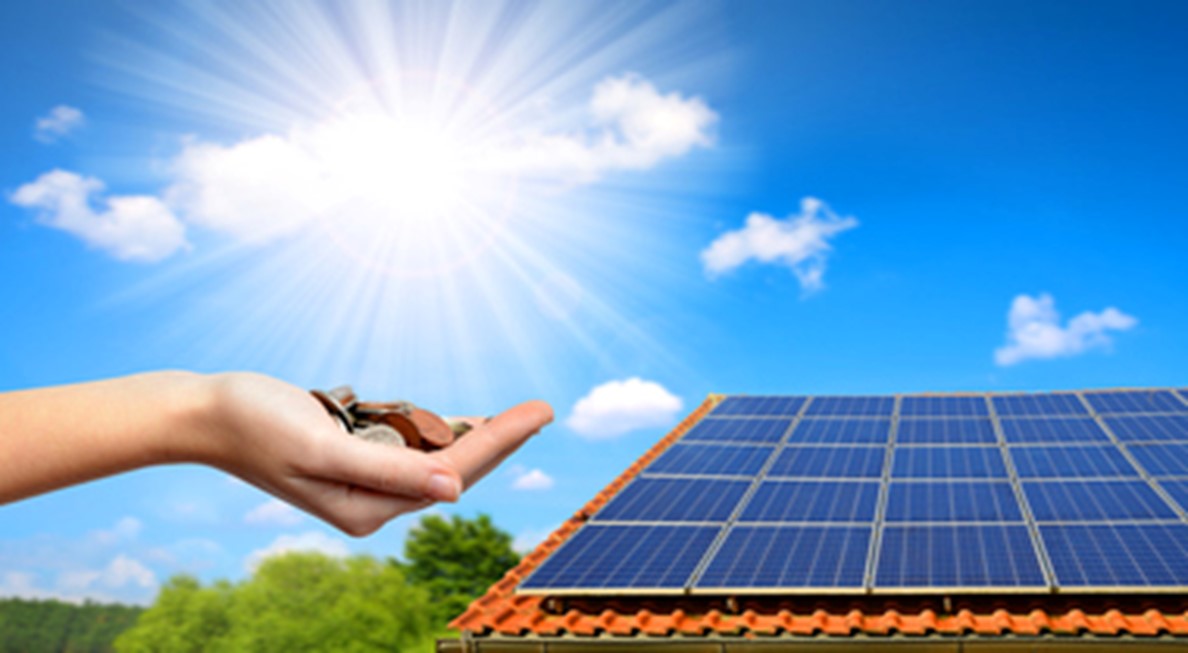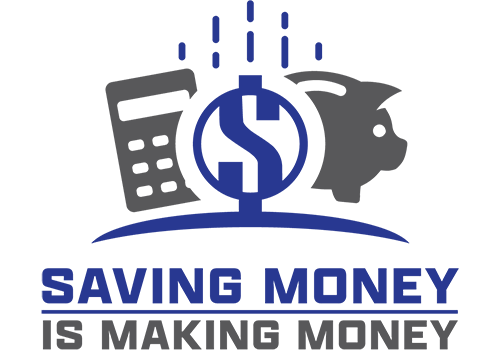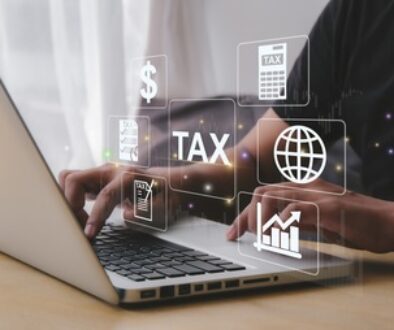Residential Solar Power: Tax Breaks and Savings
Summary: Residential solar power has come a long way. What do you need to know as people turn to more renewable energy sources? Could it be a solution for your home—and is there a tax break? Click through to learn more about solar power in your home.
For a long time, residential solar power was cost prohibitive for most people, but that’s changed in recent years. Now, installation is far more accessible, and the energy cost savings are well worth it for many homeowners. What do you need to know about solar power before getting it installed on your house?
 Investment
Investment
While the exact price will depend on the installation and location, it’s currently estimated that an average residential system costs between $3 and $5 per watt. However, there are also tax credits and potential incentives in your local area. You can calculate the cost of installation based on your current energy use.
Tax credit
There is currently a federal residential solar tax credit available for homeowners. You can claim a percentage of that cost on your tax return when you have solar panels installed. The tax credit has been extended to 2023, so if you’ve had solar panels installed, you should talk to your accountant about the credit.
Rely on experts
There was a time when solar panels were too expensive, and only a handful of companies were doing installations. That’s no longer the case. There is enough competition in the market that you can shop around in your local area to find a company that’s a good match for you. Ask them questions like you would any contractor to understand the process and make an informed decision.
On the grid
Having solar panels doesn’t mean that you’re off the grid. A typical residential solar power system is tied to your municipal grid. As your panels collect solar energy, it goes through an inverter that converts the DC energy to AC energy, which residential homes use. It feeds your electrical panel, providing an energy credit to the power company. Being tied to the grid also means that if you don’t collect enough energy, usually due to weather, you won’t have any disruption to power and will draw power from the grid.
Do you want to buy a home with the potential of solar panels? Call us to learn more today.

